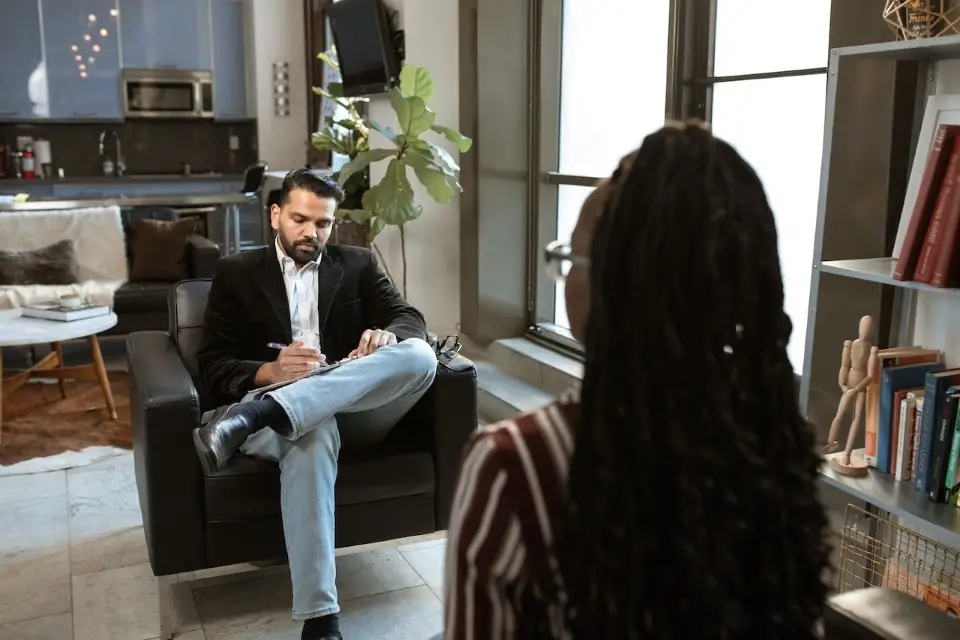Auto accidents can be a traumatic and costly experience. If you’re injured in an auto accident, medical expenses and lost wages can quickly pile up. Personal Injury Protection, or PIP, coverage can help protect you financially if you’re involved in a car accident. In this article, we will discuss what PIP is, the coverage options available, and what to consider when choosing personal injury protection coverage.
What is Personal Injury Protection?
Definition of Personal Injury Protection
Personal Injury Protection, or PIP, is a type of auto insurance coverage that can help pay for medical expenses, lost wages, and other expenses resulting from a car accident, no matter who is at fault. PIP coverage is also known as no-fault insurance, as it is meant to provide benefits regardless of who caused the accident. It is important to note that PIP coverage is not the same as liability coverage, which only pays for damages you cause to others in an accident.
How Does Personal Injury Protection Help Pay for Medical Bills?
If you’re injured in an auto accident, PIP coverage can help pay for medical expenses related to the accident. This can include ambulance fees, emergency room fees, doctor’s visits, and other medical expenses. PIP coverage can also cover physical therapy and rehabilitation expenses if necessary.
Does Personal Injury Protection Cover Lost Wages?
If you’re unable to work due to injuries sustained in an auto accident, PIP coverage can help cover lost wages. This coverage can also help cover childcare expenses if you’re unable to care for your children due to your injuries.
What Coverage Options Do I Have?
What is Liability Coverage?
Liability coverage is a type of auto insurance coverage that pays for damages you cause to others in an accident. This coverage is required by law in most states and typically has a required minimum amount of coverage.
What is Medical Payments Coverage?
Medical Payments Coverage, also known as MedPay, is a type of auto insurance coverage that helps pay for medical expenses resulting from an auto accident. This coverage is sometimes referred to as “no-fault” coverage, as it will provide benefits regardless of who caused the accident.
What is Personal Injury Protection Coverage and How is it Different from Other Coverages?
Personal Injury Protection, or PIP, coverage is a type of auto insurance coverage that can help pay for medical expenses, lost wages, and other expenses resulting from a car accident, no matter who is at fault. PIP coverage is similar to MedPay coverage but typically provides more comprehensive benefits.
What are the Requirements for Personal Injury Protection Coverage?
Do I Need Personal Injury Protection Coverage?
Whether or not you need personal injury protection coverage depends on your state’s insurance requirements and your own personal circumstances. If you already have health insurance or disability insurance that would cover medical expenses and lost wages resulting from a car accident, you may not need PIP coverage. However, if you’re concerned about incurring high medical expenses or lost wages due to an auto accident, PIP coverage may be a good option for you.
Is Personal Injury Protection Coverage Required by Law?
Personal Injury Protection coverage is typically required in “no-fault” states. In these states, drivers are required to carry some level of PIP coverage in addition to liability coverage. Depending on the state, minimum amounts of coverage may vary.
How Much Personal Injury Protection Coverage Do I Need?
The amount of PIP coverage you need depends on your own personal circumstances. If you’re concerned about incurring high medical expenses or lost wages due to an auto accident, you may want to consider a higher amount of coverage. You should also check your state’s minimum requirements for PIP coverage and make sure you have at least that amount of coverage.
What Should I Consider When Choosing Personal Injury Protection Coverage?
What Factors Affect the Cost of Personal Injury Protection Coverage?
The cost of PIP coverage can vary based on a number of factors, including your age, driving history, type of vehicle, and location. Additionally, the amount of coverage you choose can also affect the cost of your PIP coverage.
What Are the Limits of Personal Injury Protection Coverage?
Personal Injury Protection coverage typically has limits on the amount it will pay for medical expenses and lost wages. It is important to review your policy carefully to understand the limits of your coverage.
What Will Personal Injury Protection Coverage Pay For?
Personal Injury Protection coverage can help pay for medical expenses, lost wages, and other expenses resulting from a car accident, no matter who is at fault. This coverage may also help pay for funeral expenses if someone is killed in the accident as well as property damage resulting from the accident.
How Do I Get Personal Injury Protection Coverage?
How Can I Get a Quote for Personal Injury Protection Coverage?
You can get a quote for PIP coverage from your insurance company. It is important to shop around and compare quotes from multiple insurance companies to find the best coverage for your needs.
What Should I Do if I’m Injured in an Accident?
If you’re injured in an auto accident, seek medical attention immediately. You should also notify your insurance company and begin the process of filing a claim. Your insurance company will be able to guide you through the process of getting the benefits you’re entitled to under your policy.
How Can Personal Injury Protection Coverage Help Me?
Personal Injury Protection coverage can help protect you financially if you’re injured in an auto accident. This coverage can help pay for medical expenses, lost wages, and other expenses related to the accident, no matter who is at fault.
In conclusion, personal injury protection coverage can be a valuable option to consider when choosing auto insurance coverage. It can help protect you financially if you’re injured in an auto accident, no matter who is at fault. However, it is important to carefully review your policy and understand the limits of your coverage so that you can make an informed decision about the coverage that is right for you.
Q: What is personal injury protection (PIP) insurance?
A: Personal injury protection (PIP) insurance is a type of car insurance coverage that helps pay for medical expenses and lost wages resulting from a covered automobile accident, regardless of who is at fault. PIP coverage is often referred to as no-fault insurance, as it can apply regardless of who caused the accident.
Q: Is PIP insurance required?
A: PIP insurance requirements vary by state. Some states require drivers to carry PIP insurance as part of their auto policy, while others make it optional. Check your state’s insurance requirements to see if PIP coverage is mandatory.
Q: What does PIP insurance cover?
A: PIP insurance may help pay for medical treatment, funeral costs, lost income, and even help perform tasks you may no longer be able to do as a result of an accident. The specifics of what PIP covers may vary by state and insurance policy.
Q: Will PIP insurance cover damage to my vehicle?
A: No, PIP insurance doesn’t cover damage to your vehicle or any other property damage liability you may be responsible for in an accident. PIP insurance is strictly for medical and related expenses resulting from a covered accident.
Q: Do I still need health insurance if I have PIP coverage?
A: Health insurance can help cover medical expenses not covered by PIP insurance, such as deductibles and copays. Check with your health insurance provider to see how they coordinate benefits with PIP coverage.
Q: If I’m hit by a car while walking, does PIP insurance still apply?
A: PIP insurance usually applies if you’re hit by a car while walking, as long as you carry PIP insurance yourself or are covered under someone else’s policy. However, if you were at fault for the accident, you may not be eligible for PIP benefits.
Q: Will PIP insurance cover me if I’m driving someone else’s car?
A: PIP insurance may cover you if you’re injured in an accident while driving someone else’s car, although the specifics may vary by insurance company and policy. Check with the insurance company of the driver and your own insurance company to see if you are covered.
Q: What are some common PIP insurance exclusions?
A: Common PIP insurance exclusions may include injuries sustained in an intentional act, injuries while driving under the influence, and injuries sustained while committing a crime. However, specific exclusions may vary by insurance policy and provider.
Q: Do all states have no-fault insurance laws?
A: No, not all states have no-fault insurance laws. Some states follow a traditional at-fault system, where the driver at fault for an accident or their insurance company is responsible for covering the damages. Check your state’s insurance laws to see if they are at-fault or no-fault.
Q: How can I get a quote for PIP insurance?
A: You can get a quote for PIP insurance by contacting an insurance provider and providing them with information about your automobile and driving history. As PIP insurance requirements and coverage may vary by state and provider, it’s important to shop around to find the best policy to fit your needs.







